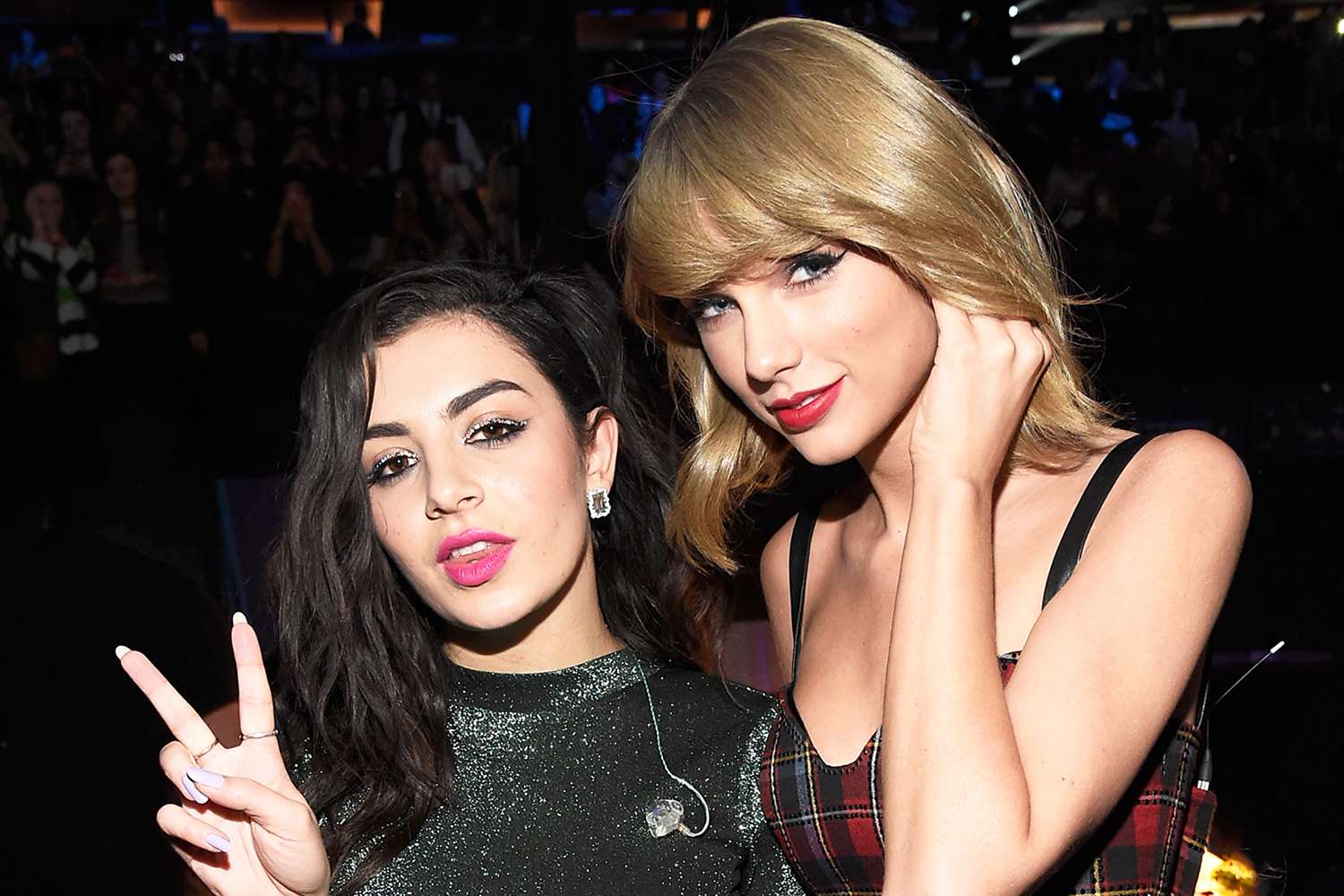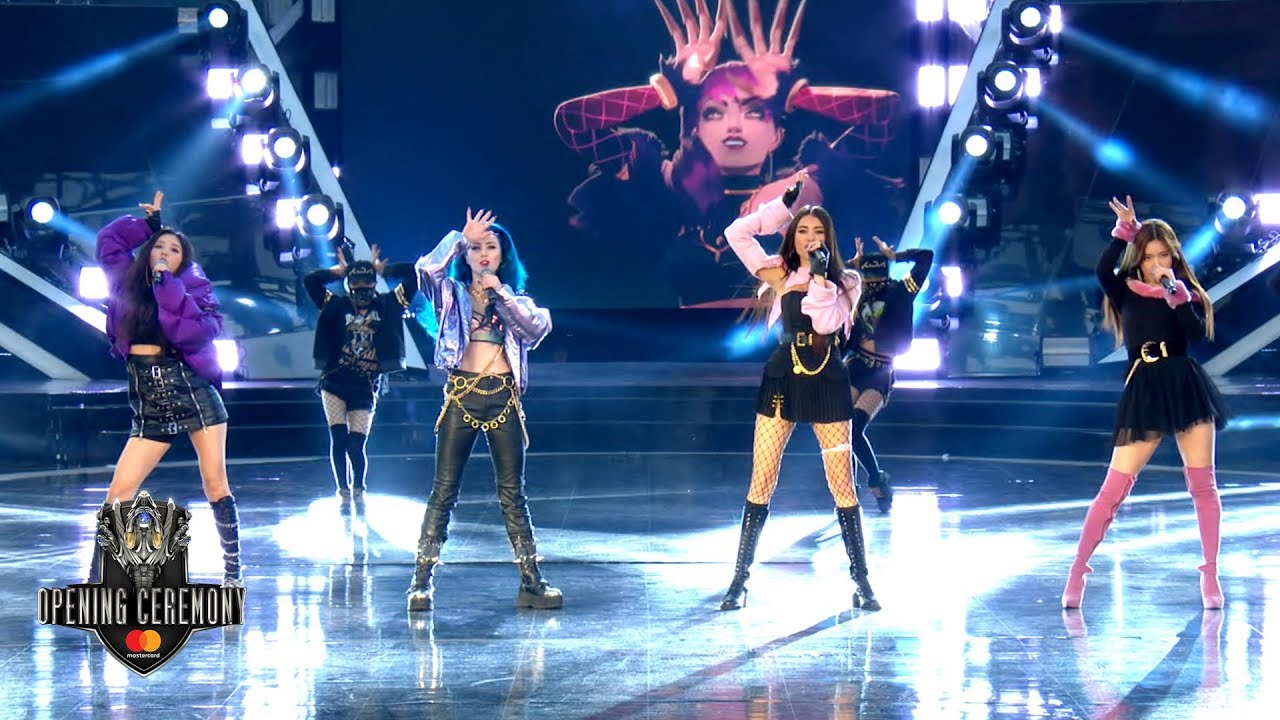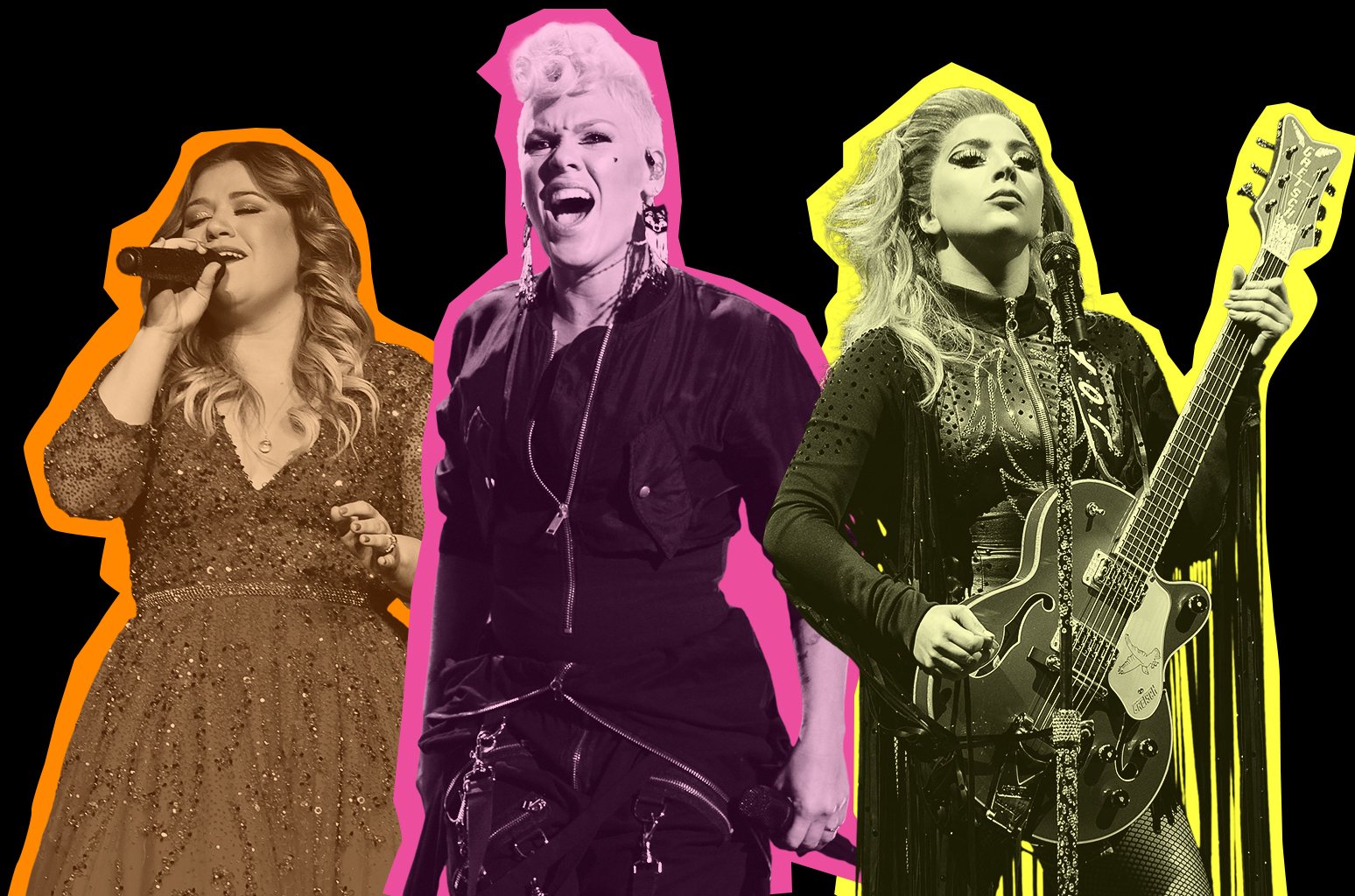
The Girlboss Paradox: When Pop Stars Become Marketing Maestros
In the ever-evolving landscape of pop music, it is impossible to ignore the titanic influence of female artists like Taylor Swift and Charli XCX. Our mutual obsession with these stars transcends their prodigious talent and charisma, revealing a dual fervor for their marketing prowess. In today’s pop culture, the enchantment of music often takes a backseat to the art of promotion, a phenomenon I’ve coined the Girlboss Paradox.
One poignant moment during this year’s Brat Summer encapsulated this idea perfectly. While suffering mild tinnitus from the blaring beats, I came to a realization: female artists are no longer celebrated merely for their musical talents but are scrutinized as business moguls on a relentless quest for market supremacy. These women must navigate a challenging landscape where their marketing strategies receive as much applause as their artistic endeavors.
 The intersection of artistry and marketing in today’s pop culture.
The intersection of artistry and marketing in today’s pop culture.
It’s become common knowledge that Brat isn’t just an album; it’s hailed as a masterclass in marketing. When fans dissect Charli XCX’s promotional rollout, it’s evident they appreciate the calculated strategy just as much, if not more, than the music itself. As Charli herself articulated in a recent interview with Zane Lowe, she views her work in terms of marketing campaigns more than the melodies and lyricism that traditionally define an artist’s legacy.
Taylor Swift, who shockingly transformed her artistry into a billion-dollar business model, has become synonymous with entrepreneurial genius. A Forbes article recently suggested that her phenomenal success stems from strategic marketing rather than merely songwriting. This raises a compelling question—why does the journey to greatness for female pop stars necessitate labels like “entrepreneur” or “businesswoman” while their male counterparts bask in the limelight without similar scrutiny?
As I navigate the music industry landscape, I can’t help but feel a dissonance. On one hand, we praise this newfound empowerment and image control among female artists; on the other, we must recognize the heavy burden it imposes. Men such as Harry Styles often escape this web of expectations, allowing their musical talent to take precedence. In stark contrast, women face relentless pressure to portray themselves as multifaceted marketers while also excelling in their artistry.
In our individualistic age, where branding eclipses all else, we risk losing sight of the soul of music itself. Artists are increasingly perceived through the lens of their market value instead of their ability to evoke emotions and tell stories through song. It’s essential to strike the right balance between appreciating their hard work in promotion while still recognizing the art that fuels their very existence.
 The pressures of performance in the modern music industry.
The pressures of performance in the modern music industry.
The phenomenon can feel exhausting. Is it genuinely sustainable for artists to maintain such a rigorous pace of self-marketing? It begs the question: does empowerment become a burden when it limits how we view and appreciate female artistry? Take Beyoncé for instance; her interviews reveal a calculated approach to maintaining her image and control. While it’s inspiring, it also highlights the disadvantage women face in the music industry.
It becomes even more complicated when examining how these narratives affect reception. Negative scrutiny is often associated with women who challenge conventions, resulting in a landscape where female empowerment feels like a tightrope walk over inevitable burnout. The need for self-ownership and meticulous branding can be a dizzying challenge for an artist, overshadowing the ‘why’ behind their musical gifts.
Imagine attending a concert where more energy is devoted to the spectacle than the sound. I found myself reflecting on attending live gigs where marketing buzz replaces the magic of experiencing live music. I think of the intimate connection the audience shares with artists—lost beneath an avalanche of hashtags, promotional clips, and viral campaigns. Ironically, the heart of the music often sits sidelined, drowning under the weight of its fans’ endless demand for content.
Ultimately, we urgently need to recalibrate our perceptions of female pop stars. We should strive for a cultural narrative that separates artistry from the growing compulsion for marketing expertise. By doing so, we can reclaim the magic of music itself. It’s time we allow the depths of an artist’s work to be acknowledged beyond the glitzy exterior of business acumen, restoring the essence of artistry.
 Encouraging artistry over image-focused branding.
Encouraging artistry over image-focused branding.
In conclusion, let’s embrace a world where female musicians are free to express themselves without the incessant demands of marketization. Appreciating their artistry as it is—without the qualifiers of girlboss narratives—could reinvigorate our connection to the very reason we listen to music in the first place. Music is meant to touch the soul and evoke feelings; let’s not lose that in the whirlwind of marketing.
Let Music Speak for Itself
In our quest for authenticity and substance, we must remember the importance of perspective. Artists deserve the space to be just that—artists. The magic lies within their creations, not merely within how those creations are presented. A return to celebrating the emotional resonance of music could indeed make for a richer listening experience for all.
Topics: Music Features, Music Industry, Pop Music, Taylor Swift














